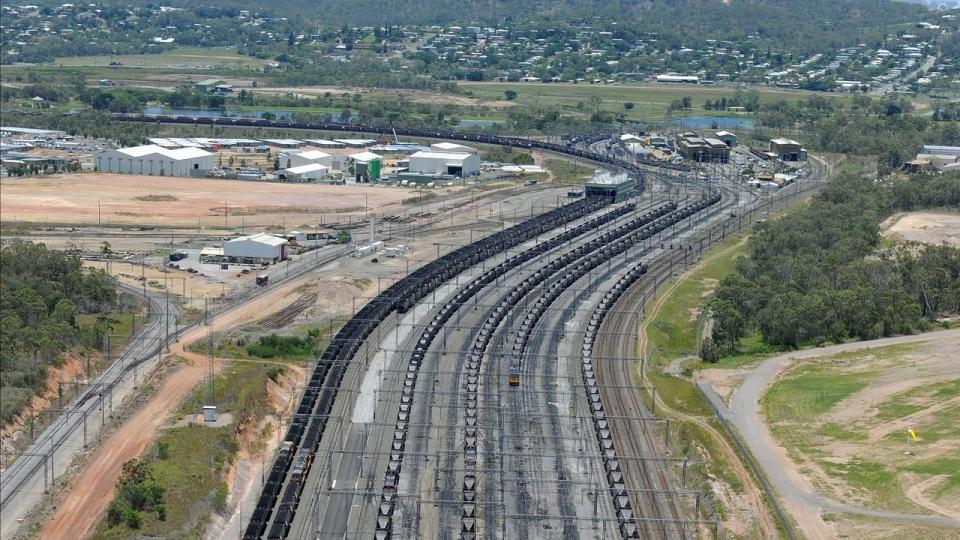Industry rebuffs calls to slash fossil fuel subsidies
Subsidies to Australia's fossil fuel industries are short-changing taxpayers and the climate, a think tank says.
Without reform, the most costly national subsidy - the fuel tax credit scheme - is expected to keep growing and prolong the dependence on diesel and petrol, the left-leaning Australia Institute said in a report released on Monday.
The scheme allows businesses to claim a tax credit on fuel used off public roads to power machinery and trucks at mine sites and farms, with more than $1 billion a year going to the coal industry alone.
The institute calculated that total subsidies to fossil fuel producers from federal and state governments have increased by almost a third (31 per cent) compared to a year earlier.
Federal governments and state governments provided $14.5 billion in subsidies to fossil fuel producers and major consumers in 2023/24 - or $540 for every person in the nation, the institute said.
Fossil fuel subsidies cost Australian governments $14.5 BILLION in 2023-24.
That's $27,581 for EVERY minute of EVERY day.
Climate Initiatives Lead Liz Morison explains.#auspol @morison_liz pic.twitter.com/oJiLr3QHnk— Australia Institute (@TheAusInstitute) May 13, 2024
A federal tax break on aviation fuel has risen $430 million, or 36 per cent, as travel-loving Australians return to the skies.
But Australia's oil and gas industry said its most recent survey showed members were on track to provide more than $17 billion in taxes to federal, state and territory governments in 2023/24, up 5.3 per cent on a year earlier.
The payments include company income tax, Petroleum Resource Rent Tax (PRRT), state royalties and excise.
Under changes not yet passed by parliament $2.4 billion of PRRT payments would be brought forward over a five-year period to get what Treasurer Jim Chalmers says would be a "fair return" for Australians.
The offshore gas industry will pay tax sooner, but not necessarily more, under the changes that a parliamentary inquiry found should quickly become law.
The mining sector has said any phasing out of the multi billion dollar fuel tax credit for diesel would lead to regional job losses.

The Australia Institute's research director Rod Campbell said the increase in subsidies was undermining the government's stance on reducing emissions and the use of fossil fuels.
"Budgets are about choices. This research reveals Australian state and federal governments are budgeting for more fossil fuel use and more fossil fuel production, not less," he said.
"The magnitude of these fossil fuel subsidies overshadows government claims about climate action. Our state and federal governments are failing to implement even the most basic climate policy - cutting fossil fuel subsidies."
The report found fossil fuel subsidies over the next four years would total $65 billion, or 16 times the size of the federal government's disaster ready fund.
"Eliminating these subsidies would significantly increase government revenue to address climate issues while also reducing emissions," Mr Campbell said.
"If governments collected this foregone revenue, it could instead look to address housing affordability and other cost-of-living pressures."

 Yahoo Finance
Yahoo Finance 